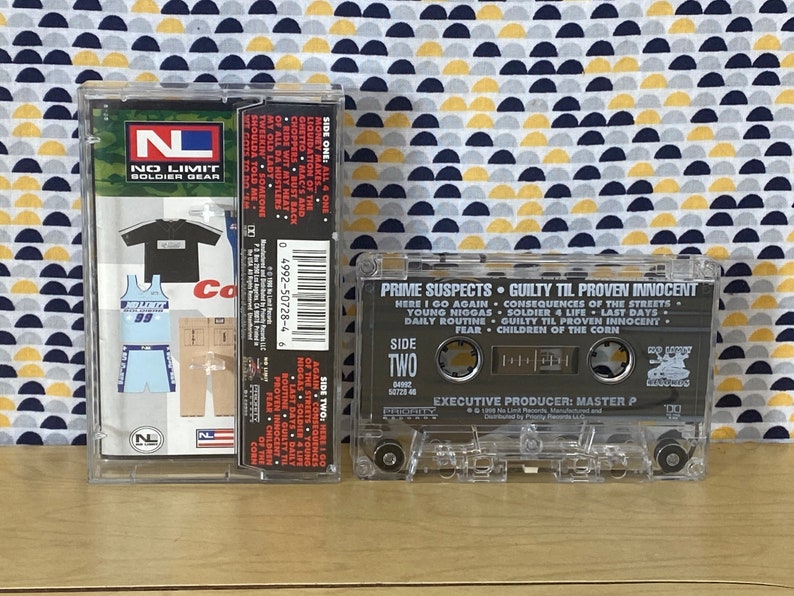
The pair released records on the Yo! Label, based in Dallas, Texas, and the Los Angeles-based D&D. Other groups from this period included Rockers Revenge and the Ninja Crew (composed of rappers Gregory D and Sporty T, and DJ Baby T), who released a single in 1986 on the Miami-based 4-Sight label.Īfter Ninja Crew disbanded, Gregory D partnered with Mannie Fresh to form a duo that would prove to be one of the most prolific rap groups of the late 1980s. It included Byron Thomas and Mia Young, who would go on to later fame as Mannie Fresh and Mia X, respectively.

New York Incorporated, a group of several DJs and rappers led by transplanted New Yorker Denny Dee, was one of the first devoted exclusively to hip-hop. These included singles by Parlez (on Senator Jones’s Superdome label) and Jones and Taylor Experience (on Soulin’ Records), among others. Locally established record labels and producers were responsible for some of the earliest rap recordings to come out of New Orleans. New generations of artists and companies emerged in the early twenty-first century, but many of those suffered a major setback in the form of Hurricane Katrina-related disruption. Building on the early foundation, several independent record labels, including No Limit and Cash Money, captured national audiences in the late 1990s, and helped establish New Orleans as one of the centers of the “Dirty South” style. However, the city’s distance from hip-hop’s initial centers of activity (New York and later Los Angeles) meant that it would take a significant amount of time for New Orleans-based rappers, producers, and record labels to penetrate the commercial mainstream. Building on a decade of local activity, rappers and DJs in New Orleans during the early 1990s created a new local style of hip-hop that was eventually christened “bounce.” While the style remained regionally limited, the bounce scene helped support the growth of a local industry. New Orleans, with its rich history of African American musical traditions, has occupied a central place in the history of hip-hop in Louisiana, although several notable rap artists have emerged from other cities like Baton Rouge.

ZIP Codes can represent an area within a state (an area that may or may not cross county boundaries), an area that crosses state boundaries (an unusual condition), or a single building or company that has a very high mail volume.Rap, Hip-Hop, and Bounce Music Rap, hip-hop, and bounce are musical genres that developed in New Orleans beginning in the late 1980s. A ZIP Code is a 5-digit code that identifies a specific geographic delivery area. ZIP is an acronym for Zone Improvement Plan. If found, the standardized address and ZIP+4 Code Code will be returned.į.Y.I.

Valid US Cities/Zip Codes Valid US Cities and Zip CodesĪdditional USPS City/State/ZIP Code Associations.Įnter an address.


 0 kommentar(er)
0 kommentar(er)
